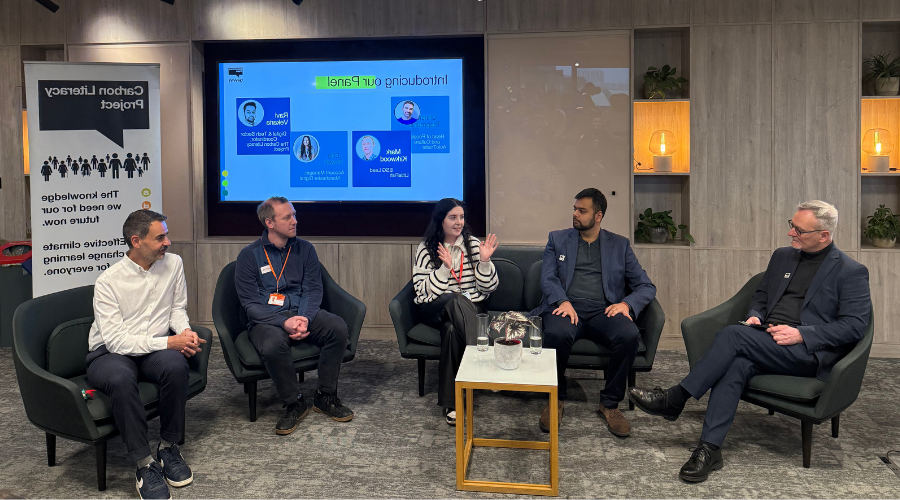UK police forces are increasingly adopting 'influence policing', a form of digital influence campaign that uses internet technologies and behavioral psychology to prevent crime. Initially developed for counter-radicalization, it now targets a range of areas, including online child abuse, knife crime, and cybercrime, raising ethical and theoretical concerns. Don’t miss the chance to hear from field expert Dr. Ben Collier, Lecturer in Digital Methods at the University of Edinburgh.
This event invites participants from all disciplines and backgrounds to come together, fostering interdisciplinary connections and discussions.
Talk Abstract: Influence policing: Law enforcement domestic digital influence campaigns in the UK
In a context of multiple overlapping crises, novel and emerging forms of harm, and the legacy of more than a decade of austerity, UK police forces are turning to an emerging mode of law enforcement, which we call influence policing. This uses the technologies of the Internet platforms to conduct digital influence campaigns within the UK in the name of crime prevention. These campaigns use sophisticated targeting of messages to directly ‘nudge’ behaviour and shape the culture of particular groups. They began in counter-radicalisation as part of the UK’s Prevent programme, but have since moved into a range of other policing areas, from online child abuse to domestic violence, knife crime, and cybercrime. By targeting people based on the words they use on Twitter, interests picked up from browsing and purchasing behaviour, fine-detail location, or Google searches, these police campaigns aim to use behavioural psychology to prevent crime. Examples include: adverts for drug counselling services appearing on the mobile phones of young men from deprived areas in their own dialect and accent when they walk near a hospital; fear-based adverts from the UK Home Office using detailed behavioural profiles to deter asylum seekers in Calais from attempting a Channel crossing; NCA nudge ads deterring children using Google to search for illegal services; and counter-terror adverts displaying on the phones of people walking within a set radius of high-security buildings; among a wide range of others. We discuss the ethical and theoretical implications of this new mode of algorithmically-enabled policing using analysis of a dataset of more than 12,000 adverts and in-depth fieldwork with Police Scotland’s dedicated strategic communications team.
Biography: Dr. Ben Collier is a Lecturer in Digital Methods at the Department of Science, Technology, and Innovation Studies at the University of Edinburgh. Ben’s research looks at digital technologies and infrastructures as sites of power, harm, and resistance, using frameworks from Science and Technology Studies and Criminology. Ben’s work includes studies of online harm and cybercrime communities, police interventions in online spaces, battles over online anonymity and privacy technologies, and the use of digital influence interventions by law enforcement and security services. Ben has recently published a cultural history of the Tor Project - Tor: From the Dark Web to the Future of Privacy with MIT Press.








